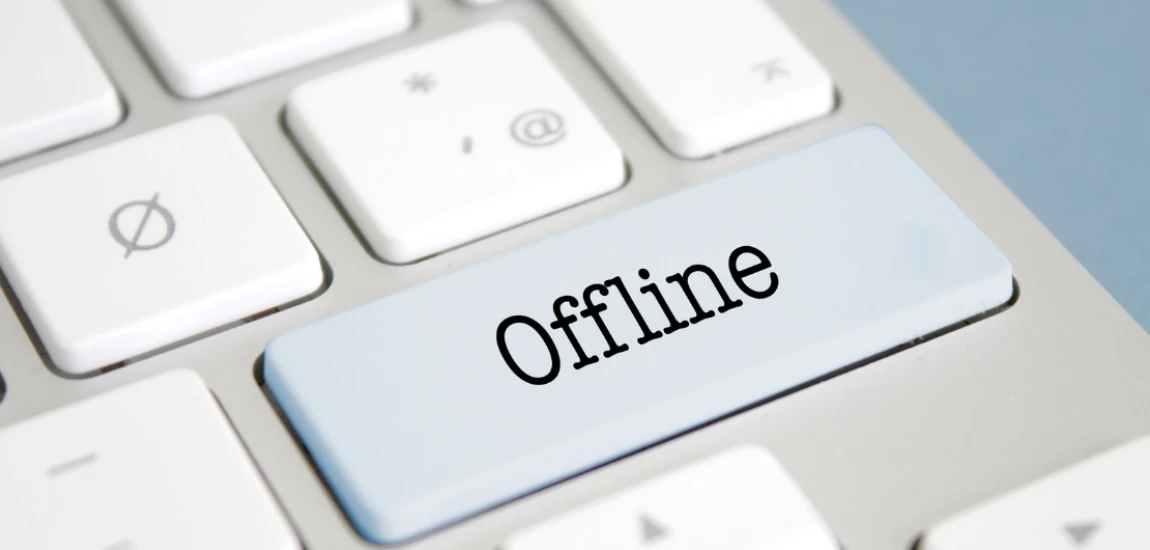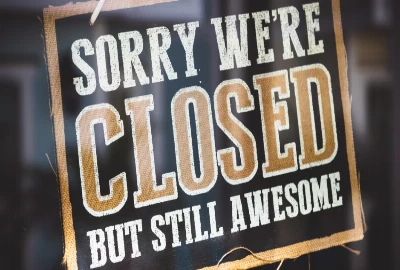The End of Offline: Why Every Hobby is Now a Social Post

There was a time when hobbies were deeply personal. People picked up knitting needles, paintbrushes, or running shoes for relaxation, joy, or self-expression—without worrying about likes, followers, or hashtags. Fast forward to today, and nearly every hobby seems destined to become content. Bake a cake? Post it to Instagram. Go hiking? Capture it for TikTok. Join a pottery class? Showcase your progress on YouTube Shorts.
The phenomenon isn’t just about sharing—it’s about how digital culture has redefined what it means to do something. In a world where “pics or it didn’t happen” is the unwritten rule, hobbies are rarely just hobbies anymore. Instead, they’ve become opportunities for personal branding, digital storytelling, and social validation.
This blog unpacks the cultural shift behind why every hobby is now a social post, the pros and cons of this transformation, and how we can strike a balance between documenting and simply enjoying.
The Evolution of Hobbies in the Digital Age
Hobbies have always been about self-expression, but the digital revolution has amplified their visibility. In the past, you might scrapbook your art or share it with close friends. Today, platforms like Instagram, TikTok, and Pinterest encourage you to turn every creation, workout, or moment of leisure into content.
This shift happened gradually:
2000s: Blogs and early social platforms introduced the idea of sharing niche interests online.
2010s: Instagram aesthetics and influencer culture made hobbies part of identity marketing.
2020s: TikTok trends and algorithm-driven visibility transformed hobbies into viral potential.
What once existed offline is now fuel for digital engagement. The act of doing has become inseparable from the act of posting.
Keywords to highlight here: digital hobbies, social media culture, hobbies as content, online self-expression.

Why Every Hobby is Now a Social Post
So, why can’t we seem to keep our hobbies offline anymore? A few cultural and psychological factors explain the shift:
The Rise of Personal Branding
In today’s gig economy, everyone is encouraged to “monetize” their passion. Sharing hobbies online can help build a following, attract collaborations, or establish credibility in a niche.
Social Validation and Feedback Loops
Likes, comments, and shares create instant dopamine hits. Posting hobbies online feels rewarding because it turns solitary acts into socially validated ones.
The Fear of Missing Out (FOMO)
When others post about their hobbies, it normalizes the idea that sharing is part of the experience. If you don’t document it, did it even happen?
Algorithms Rewarding Activity
Platforms favor active users. Sharing hobbies becomes a way to “feed the algorithm,” staying visible in an attention-driven economy.
The Collapse of Public and Private
The internet has blurred the lines between personal life and public persona. What we once kept private now feels like part of an ongoing digital performance.
Keywords: social validation, personal branding, FOMO, digital economy, online performance.

The Benefits of Sharing Hobbies Online
While it’s easy to critique the culture of oversharing, there are genuine upsides to posting about hobbies:
Community Building: Posting hobbies can connect you with like-minded people around the world.
Inspiration: Seeing others share can motivate you to start or stick with a hobby.
Opportunities: A casual hobby can evolve into a career path or side hustle through exposure.
Skill Tracking: Documenting progress online offers a visual archive of growth.
In these ways, social posting transforms hobbies from solitary activities into community-driven experiences.

The Downsides: When Sharing Overshadows Doing
However, turning every hobby into a social post comes with hidden costs.
Performance Pressure: Hobbies become less about joy and more about looking impressive.
Perfectionism: The need for aesthetically pleasing posts can discourage beginners.
Burnout: Constantly documenting every activity can make hobbies feel like work.
Loss of Privacy: Sharing everything erodes the boundary between public and personal life.
Algorithm Dependency: When creativity becomes tied to engagement, we risk losing intrinsic motivation.
In other words, the obsession with making hobbies shareable can strip them of their original purpose—relaxation, creativity, and self-fulfillment.

How to Reclaim Offline Joy Without Abandoning Online Sharing
If every hobby is now a social post, how can we take back some offline space while still enjoying digital connection? Here are some actionable strategies:
Set Boundaries for Posting
Decide which hobbies you want to share and which you’ll keep private. Not everything needs to go online.
Create Before You Capture
Focus on doing the hobby first, then decide if it’s worth posting later. This keeps the act of creation authentic.
Post Progress, Not Perfection
Sharing your messy middle stages can be more relatable than only showcasing polished results.
Try “Offline Days”
Commit to practicing your hobby without documenting it. Notice how it feels to enjoy something purely for yourself.
Use Social Media Mindfully
Ask yourself: Am I posting this for connection or for validation? That small reflection can help you post more intentionally.
Keywords: reclaim offline joy, hobby burnout, digital detox, intentional posting.
Case Study: The Rise of Cottagecore and DIY Movements




